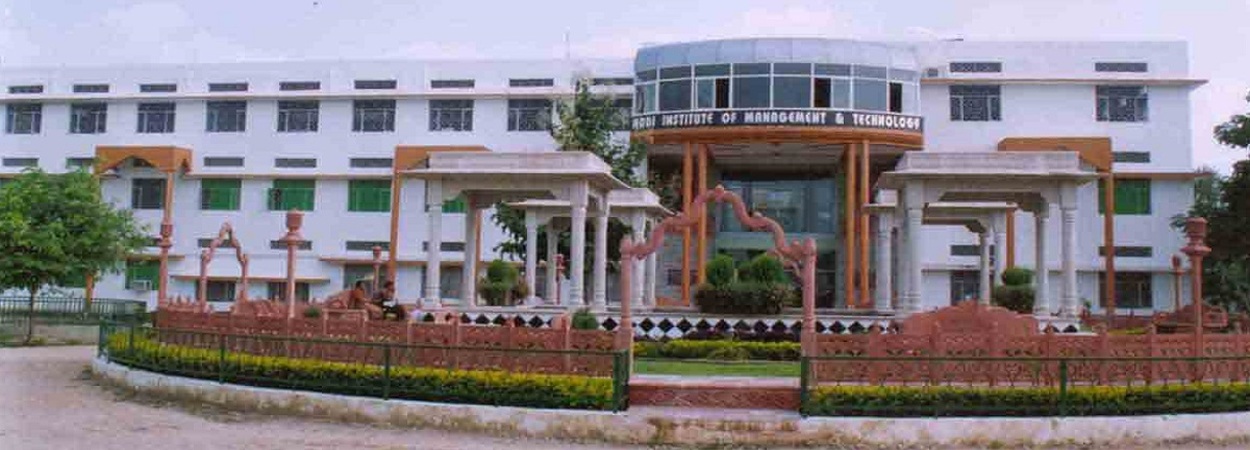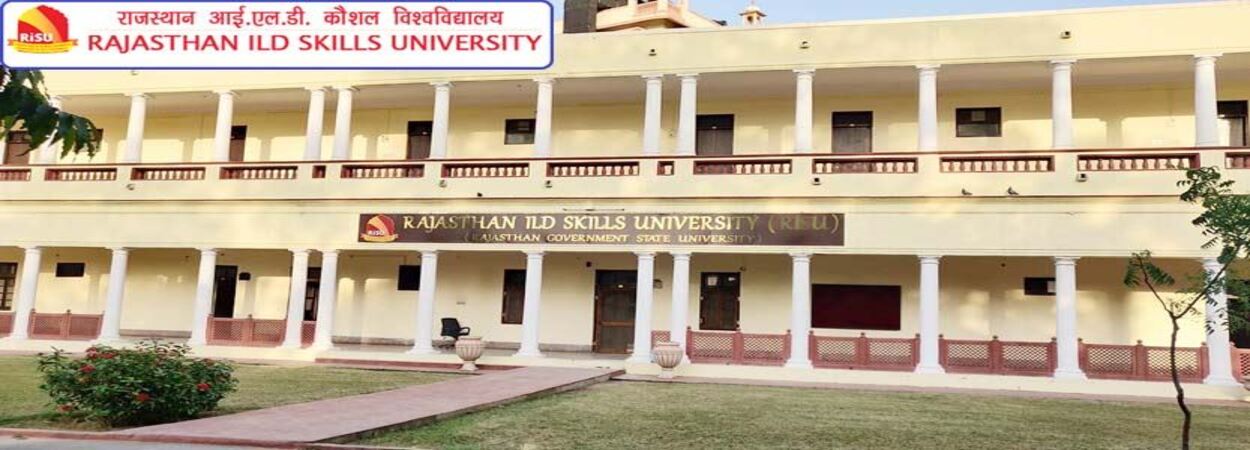Introduction:
The Ph.D. in Communication Studies is a rigorous academic program designed to develop scholars capable of critical analysis and innovative research in various communication fields. This degree prepares students for careers in academia, research, policy-making, and media consulting, emphasizing a deep understanding of communication processes, media influences, and the roles they play in societal development.
Admission Process:
- Application Submission: Prospective students must submit an application that typically includes a statement of purpose, CV, academic transcripts, and writing samples.
- Letters of Recommendation: Generally, three letters from academic references who can speak to the applicant’s potential in advanced research and scholarship in communication.
- GRE Scores: Most programs require GRE scores, though some may accept other indicators of graduate potential based on professional experience or alternative examinations.
- Research Proposal: Submission of a research proposal is often necessary, outlining the applicant’s research interests and how they align with the department’s strengths.
- Interviews: Many programs conduct interviews to gauge the applicant's fit with the program, their research interests, and potential alignment with faculty expertise.
Eligibility Criteria:
- Educational Background: A master's degree in communication or a related field is typically required, though exceptional candidates with a bachelor's degree and significant professional or research experience may also be considered.
- Research Experience: Demonstrated experience in research, whether through academic projects, professional work, or publication.
- Academic Record: Strong academic performance, especially in relevant coursework such as media studies, communication theory, or social sciences.
- Professional Achievements: Contributions to the field through professional practice, presentations at conferences, or active involvement in relevant organizations.
- Analytical and Theoretical Skills: Ability to engage with complex concepts and conduct independent analysis.
- Communication Skills: Excellent written and verbal communication skills are crucial for success in this program.
Completion Time:
The program typically takes between 4 to 6 years to complete, which includes coursework, comprehensive exams, and dissertation research and writing.
Career Opportunities:
- Academic Careers: University professorships where teaching and conducting research are key responsibilities.
- Media Consultant: Advising organizations on communication strategies, media usage, and public relations.
- Research Analyst: Working in think tanks, research institutes, or governmental agencies analyzing media trends and communication policies.
- Corporate Communication Director: Overseeing internal and external communication strategies in corporate settings.
- Policy Advisor: Developing and evaluating communication policies for NGOs, governments, or international organizations.
Syllabus Highlights:
- Communication Theories: In-depth study of key theoretical frameworks that underpin the analysis of communicative practices.
- Qualitative and Quantitative Research Methods: Training in both methodologies to prepare for diverse research demands.
- Media Analysis: Techniques for analyzing media content, audiences, and institutions.
- Digital Communication Strategies: Understanding the impact of digital technologies on communication.
- Ethics in Communication: Study of ethical issues in communication research and practice.
Internship Opportunities:
- Media Organizations: Opportunities in broadcasting, digital media, or print media to gain practical experience.
- Public Relations Firms: Experience in crafting media strategies and managing client communications.
- Research Institutions: Engaging in applied research projects that inform industry practices or policy decisions.
- Nonprofits and NGOs: Developing communication campaigns that promote social causes or public health initiatives.
- Government Agencies: Internships that involve public information services, crisis communication, or community engagement.
Scholarships and Grants:
- University Fellowships: Many programs offer fellowships that include tuition waivers and stipends.
- External Funding Bodies: Grants from organizations like the National Communication Association or the Ford Foundation.
- Travel Grants: For attending international conferences or conducting fieldwork.
- Teaching Assistantships: Opportunities that provide teaching experience and financial support.
- Research Assistantships: Positions that involve working on faculty-led research projects, often with funding.
FAQs:
What is the focus of a Ph.D. in Communication Studies?
It focuses on developing an advanced understanding of communication theories, research methodologies, and their application to real-world issues.
What are the prerequisites for admission?
Typically, a relevant master’s degree, research experience, and a strong academic record.
Can I specialize within the Ph.D. program?
Yes, most programs allow specializations in areas such as media studies, political communication, or digital communication.

















